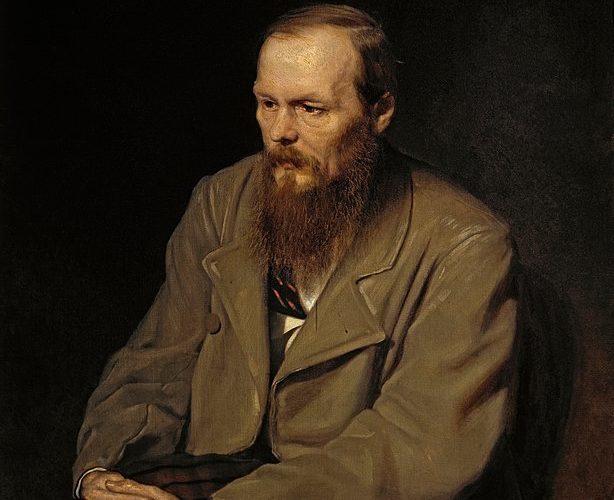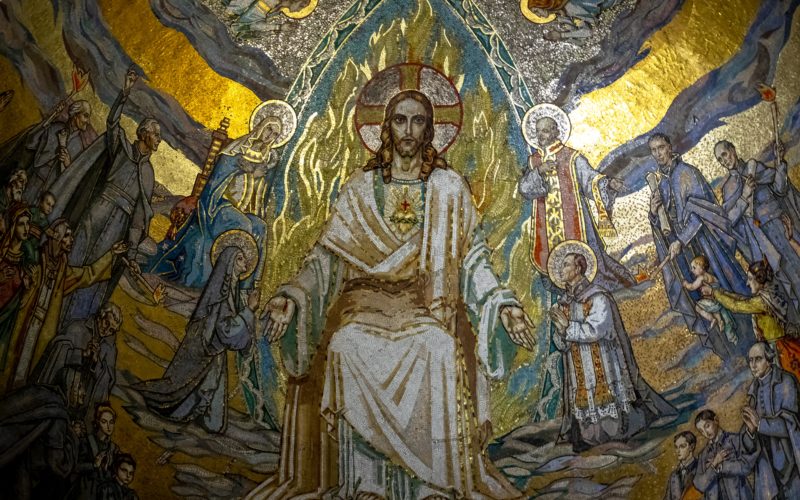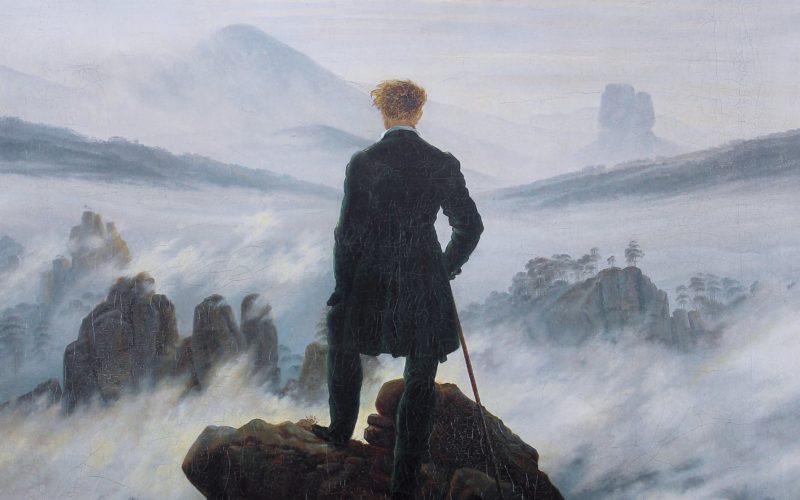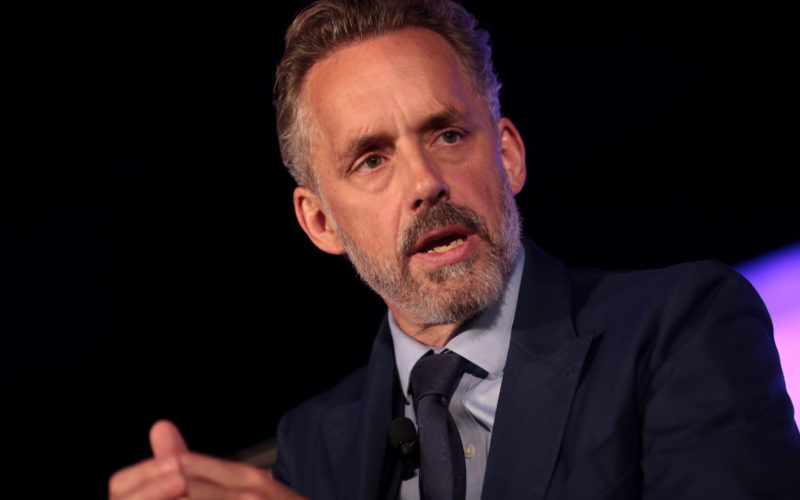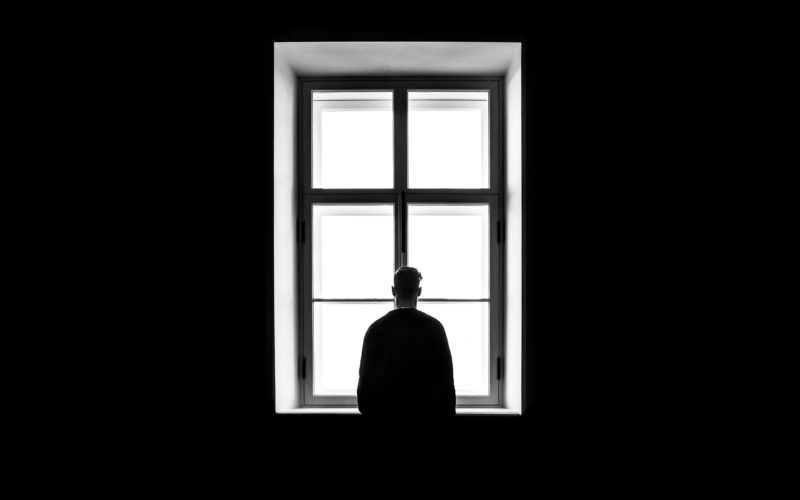Dostoyevsky: The Gospel and Redemption in Crime and Punishment (2/3)
In Crime and Punishment, Raskolnikov lives out the logical conclusions of atheism, utilitarianism, and Nietzsche’s view of morality by murdering a useless old pawnbroker. Despite the logical justifications for his crime, Rodion realizes that moral laws are fixed in the universe, and he cannot escape his guilty conscience regardless of his rationalizations. An atheistic worldview says that sin is a construct, and Raskolnikov is a hero. But this is clearly wrong. Will Raskolnikov confess, repent, and turn to Christianity for forgiveness? Or will narcissism and ideology drive him to utter despair while his mind and his heart wreak havoc on what is left of his sanity?

